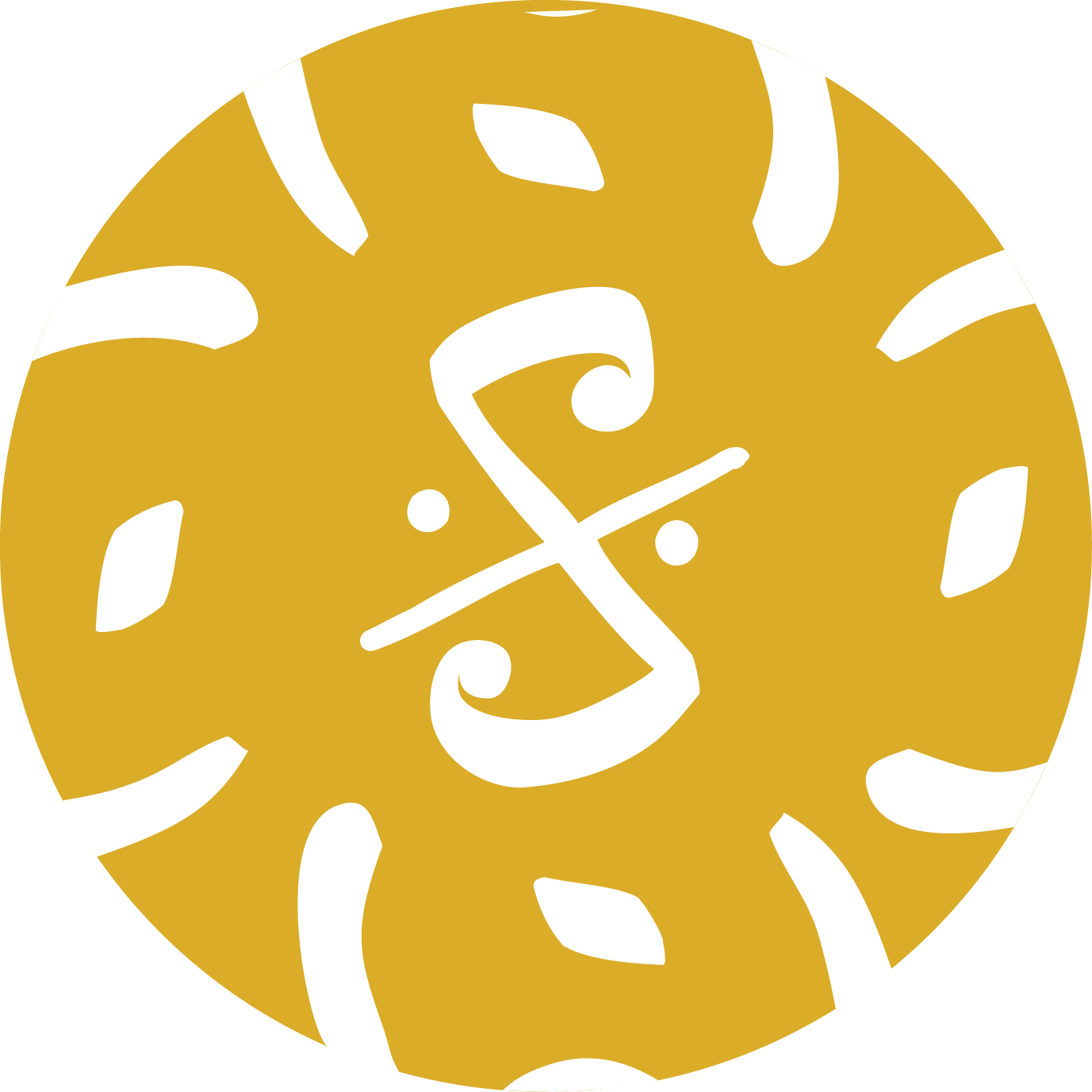Panel: Space and Identity
Wednesday, May 15, 4:00 PM – 5:00 PM
University of Oregon, Berwick Hall
All Musicking events are free and open to the public. All events are subject to change
“Hearing Early Music as Civic Identity”
David Kjar, Chicago College of Performing Arts, Roosevelt University
Early-music performers employ old technologies to disseminate a so-called authentic identity of difference, embodied in historical instruments and resurrected performance practices. However, audience reception of these technologies and, most specifically, the ways in which listeners embody them to identify with their communities is almost non-extant in the scholarly discourse on the movement. Notable sociocultural accounts of early music, such as Kay Shelemay’s Boston ethnography, Richard Taruskin’s performance critiques of national trends, and John Butt’s study on embodied historical instruments focus on performers’ styles and philosophies rather than listener identities and subjectivities. In the latter publication, though, Butt affords possibilities for understanding how early-music audiences, too, might embody different identities through early musicking, claiming “that by informing ourselves of the variety that must have existed in performance practice in the past and by using the information in our performance of historical music, we are already embracing the principle of cultural plurality.” Such a cultural embrace reveals that the nature of early music identities, as with civic identities, are shaped by notions of difference, sameness, and inbetweenness. Thus, seeing (or hearing) early-music identity as civic identity can further contribute to our understanding of performance and culture. Employing these lenses of difference, sameness, and inbetweenness, I have identified in my ethnography on Boston early-music listeners an audience-based notion of sonic authenticity that cultivates a localized movement within a pluralized global context. My fieldwork highlights individual supporters who hear early music’s differentiated and differentiating sound as a locality, as a sense of place or Third Space (Agawu) where “the global is, ultimately, experienced locally” (Diehl). Such civic plurality supports one of my interviewee’s claims that being part of the Boston early-music movement is what she means when she says her “roots are in Boston, not somewhere else” yet she still feels part of a global early-music scene. Focusing on how individual listeners identify locally with early music’s technological otherness, my ethnography points toward a new cultural understanding of what it means to hear “authentic” technologies as civic identities that ultimately bond listeners to their communities.
Performance-studies scholar and natural trumpet player David Kjar is Assistant Professor of Music History at Roosevelt University in Chicago. He has performed and recorded with early-music ensembles in Europe and South and North America. David holds a Master’s Degree in Historical Performance from the Royal Conservatory of The Hague, The Netherlands, and a Ph.D. in Musicology from Boston University. His research seeks to ground theories and philosophies on early music in specific performances. His dissertation titled “Wanda, Gould, and Sting: Sounding, Othering, and Hearing Early Music” reframes the early-music movement as a sonically constructed and heard Other Performance, and ultimately resituates a more comprehensive notion of authenticity within the early-music listener. He has presented nationally and internationally on the topic and has published on Wanda Landowska, the early-mu sic movement, and authenticity.
“Sara Levy’s Salon: Amateur Keyboardists and the Sovereign Feminine”
Holly Oizumi, University of Oregon
Research on female salonnières has so far primarily focused on French and Italian salons, including Paola Giuli’s monograph on Arcadian salons. Matthew Head has worked extensively on female musical activities in eighteenth-century Germany, though he disproportionately privileges women composers, largely ignoring female performance activity. Scholars have also paid increasing attention to Levy herself, including a 2014 conference held at Rutgers dedicated to the study of her life, and her brief mention in Rebecca Cypess’s article on keyboard duos; however, many of these studies remain cursory, and frame Levy either in relation to the Bach family or as an exceptional figure who transcends the limitations of her gender.
This presentation will situate the musical activities of Prussian salonnière Sara Levy as a case study with which we can begin to reconsider the role of women as tastemakers in eighteenth-century Prussian salons. My study seeks to expand our understanding of Levy’s life, reconsidering many of the assumptions made about the impact of her biography and agency. I will rely on the surviving documentation of Levy’s life, including subscription lists and the catalog of her collection surviving in the Sing-Akademie, to paint a picture of her remarkable agency. I will reframe our understanding of these documents by adopting Cusick’s method of thinking from women’s lives, arguing that Levy’s agency provides scholars with an opportunity to reimagine Prussian salons not as a site that limited women’s agency, but enabled them to act as musical tastemakers.
Holly Oizumi is currently a graduate student at the University of Oregon, where she is pursuing a master’s degree in Musicology. Her primary research deals with the impact of branding on the experience of electronic dance music, though she is also interested in Japanese popular music, musical amateurism, and ludomusicology. Holly actively performs on flute and traverso, directs a local flute choir, and writes for the online magazine Dance Music Northwest.
* The Musicking conference is free and open to the public. Click HERE to donate to the conference and keep Musicking free for our community.

